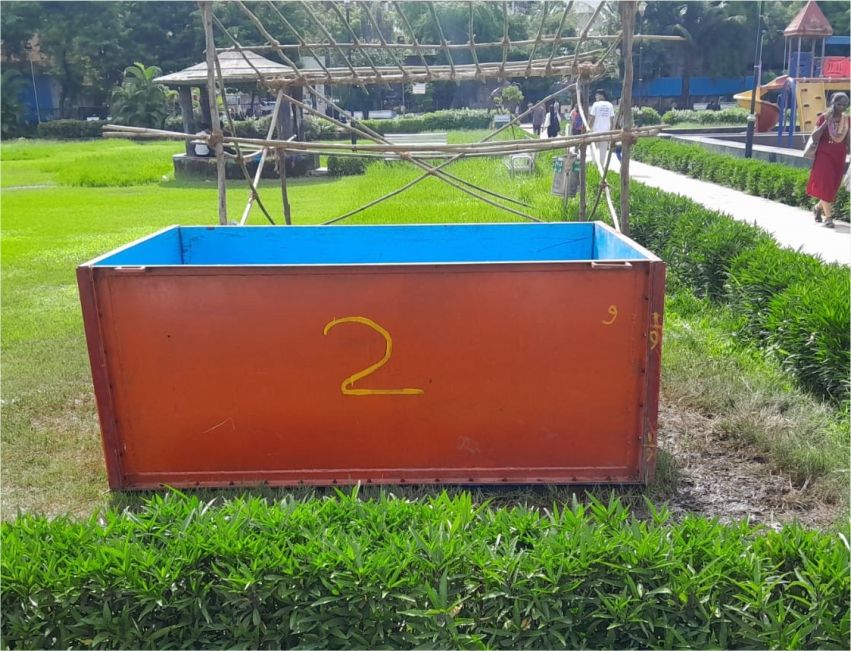Are we raising rule-followers or independent thinkers?

- Meena R Prashant
- 02 May, 2025
In many Indian households, parenting is shaped by tradition, fear of failure, and societal expectations. At the heart of this approach lies an often-misunderstood value: obedience. From an early age, children are taught to listen, comply, and conform—not necessarily to understand, question, or choose. The child who “does as told” is praised, while the one who asks “why” may be seen as rude or rebellious.
However, obedience is not the same as discipline. Obedience is about following rules, often out of fear or habit. Discipline involves self-awareness, emotional regulation, thoughtful decision-making, and the ability to do the right thing even when no one is watching.
“In our society, obedience is often mistaken for discipline,” says Captain Anshu Abhishek, a Master Mariner and parent. “But they are fundamentally different. A disciplined child doesn’t need constant supervision; they act with integrity because they understand the value of their choices.”
Many parents, raised under strict systems themselves, may see a child’s independence as defiance. “Many parents feel disrespected when a child asserts their opinion,” says Deepika Oberoi, a counseling psychologist. “But it’s not defiance, it’s development. The real work often has to happen with parents, not just children.”
Obedient children may seem well-behaved but can struggle with decision-making, confidence, and emotional growth. Discipline equips them to face challenges independently and grow into resilient adults.
“We want to protect our children from struggle,” says Dr Vaishali Agme-Ghodke, a parent and an educator. “But in doing so, we sometimes miss the opportunity to let them build resilience. It’s easier to say, ‘Do this because I said so,’ than to have a meaningful conversation. But real discipline is shaped through reflection, not control.”
Modern parenting in urban middle-class India is caught between the legacy of obedience and the promise of discipline. Parents want to give their children freedom, yet fear losing control. This creates confusion, children are encouraged to think independently but often punished when they do.
“We give them all the resources, and then we wonder why they lack responsibility,” says Dr Garima Tailang, a parent. “Obedience without values doesn’t create character. What we need is to help them internalise discipline, not impose it.”
She adds, “This internalisation doesn’t come from lectures or punishments. It comes from real-life experience, from being allowed to fail, and from seeing how parents themselves manage challenges. Children rarely do what we say. They do what we do.”




